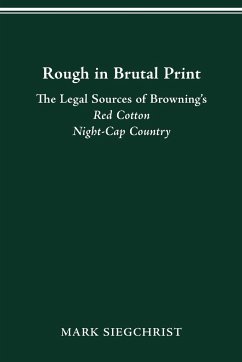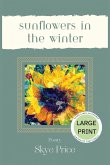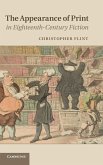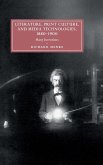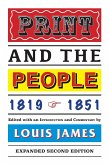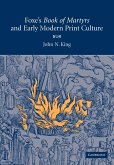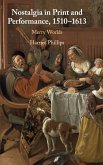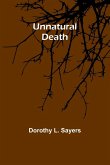Browning's Red Cotton Night-Cap Country is generally regarded as the finest long work he produced following the celebrated The Ring and the Book of 1868-69. As he had in that earlier masterpiece, Browning undertook again to deal with an actual historical event. In The Ring and the Book, it is well known, he revived a lurid if obscure Italian crime of the seventeenth century. In Red Cotton Night-Cap Country, he turned to an episode that was equally shocking but considerably closer in time: a contemporary French scandal involving an illicit love affair, self-mutilation, and a mysterious and troubling death. By examining that record in minute detail and sifting through the original legal documents from which Browning worked, Professor Siegchrist demonstrates conclusively that the poet's claims to have been absolutely faithful to the "pure crude fact" that inspired him are calculatedly false. In Red Cotton Night-Cap Country, his many departures from the vulgar facts "reported in the newspaper," and his trust in the power of the imagination to perceive the truths obscured under public documentation, result in a distortion that lies at the very heart of the dilemma posed him by those materials-materials that stubbornly resisted his efforts to shape them in obedience to the themes he desired them to embody. In his insistence that his art was not a transformation of reality into fiction, but a resuscitation of that reality, Browning encountered problems in literary practice he was never successfully to resolve. In his compelling analysis of the substance and dimensions of the poet's creative predicament, Dr. Siegchrist reveals much about the nature of art as a process, and its always problematic and elusive relation to life, as life presents itself and is represented, in our self-serving perceptions and purposeful imaginings. Mark Siegchrist is assistant professor of English at Marquette University in Milwaukee, Wisconsin.
Hinweis: Dieser Artikel kann nur an eine deutsche Lieferadresse ausgeliefert werden.
Hinweis: Dieser Artikel kann nur an eine deutsche Lieferadresse ausgeliefert werden.

